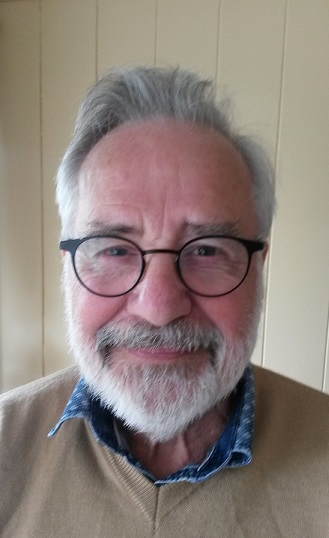
The interview with Thomas L. Thompson on the Greek Mythicists site is not as long as I anticipated when I posted #1. (A weird technical issue made it look to me three times longer than it in fact was!) Here is the last question and answer. Thanks again to Minas Papageorgiou of Greek Mythicists for alerting me to this interview they (he?) conducted and for forwarding me an English text.
– – o – –
8) What is the future of mythicism views inside the academic community, considering the publication of many related books and papers in previous times? Would you agree that mythicists could follow the steps of biblical minimalists?
Minimalism is a movement in biblical studies which brings the study of biblical narrative closer to what is normal for historians. As far as I am aware, most mythicists also understand this, though I think they may be too quick to judge the single issue of whether he existed. The proper question is rather a largely literary question than an historical one. Until we have texts, which bear evidence of his historicity, we can not do much more with that issue. We can and must, however, ask what the texts mean—as well as ask what they mean if they are not historical (a minimalist question). My professor Kurt Galling from Tübingen was once asked how one could tell whether an Old Testament text was historical or literary. He answered: If Iron floats on water it isn’t! The reference is found in the Elijah Elisha stories, whose reiteration has dominated the gospels. One might also use the story of the bear who kills the 42 children and certainly Elijah’s flight out into outer space.
If you enjoyed this post, please consider donating to Vridar. Thanks!

Iron does float on water (a common grade school demonstration of surface tension). How did Elisha or Elijah know that! A miracle!
Hello Neil. I really enjoy your blog! You wouldn’t happen to know where I can write to Professor Thompson?
No I don’t. Perhaps write to him care of his publisher and ask them to pass it on?
Thank you.
Speaking of the devil …. https://vridar.org/2020/02/08/interview-with-thomas-l-thompson-1/#comment-98858
Dear Neil Godfrey,
I find your blog most interesting
and appreciate your ongoing effort to keep to the evidence for the issues discussed! I would appreciate it much if I might be allowed to follow it. Do you have a membership? Or?
To MARK Cognetta: My e-mail address is tlt@teol.ku.dk
Sincerely,
Thomas L. Thompson
Professor emeritus, University of Copenhagen
Glad you find something of interest here. I’m very honoured.
I have subscribed you by adding your email address to our subscription list. (In the right hand column towards the top, beneath “Search Vridar” and “Categories” there is a “Subscribe to Vridar” space.)
Fyi, I have quite a lot of posts here on works by yourself, Lemche, Davies, Whitelam and co.